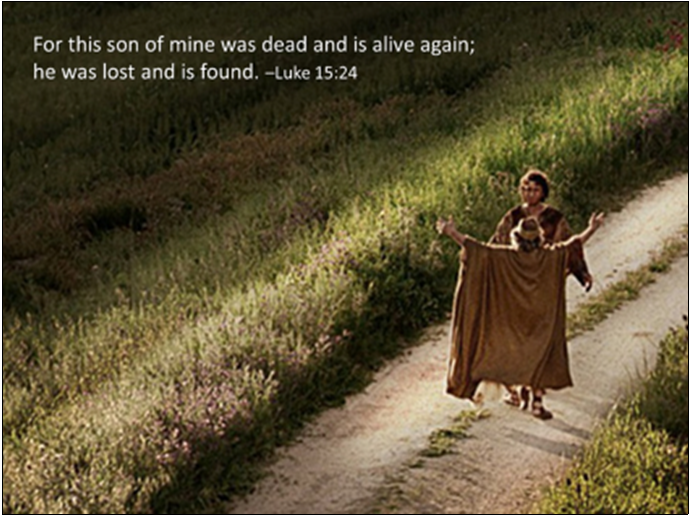“Kids Developing Excellence” by Neville Buchanan

In the early 90s I was part of a church family that gave out an excellence award. It was called the ARETĒ award from the Greek word for excellence (ἀρετῇ).
This fine attribute was first mentioned in Daniel. Daniel 6:3 (ESV) — 3 Then this Daniel became distinguished above all the other high officials and satraps, because an EXCELLENT spirit was in him. And the king planned to set him over the whole kingdom.
Paul requested excellence for the church at Philippi. Philippians 1:9–10 (ESV) — 9 And it is my prayer that your love may abound more and more, with knowledge and all discernment, 10 so that you may approve what is excellent, and so be pure and blameless for the day of Christ.
Helping our children reach their full potential can be a daunting task, but also an incredibly rewarding one. From instilling discipline and constructive habits such as having a healthy work-play balance to encouraging independence and creativity while providing guidance and support, there are many elements that can contribute to helping our children become excellent. This means having sensible expectations, listening to our children’s interests, and working together with them to find achievable goals they are passionate about – this could be something related to school or finding an extracurricular activity that lets them use their talents in a new way. It is also important to remember that although it can be exciting when children excel, the most important thing is for them to feel fulfilled and enjoy the journey too.
Kids learn best by observing. So, do we put out a mediocre effort or do we strive for excellence in all that we do?










